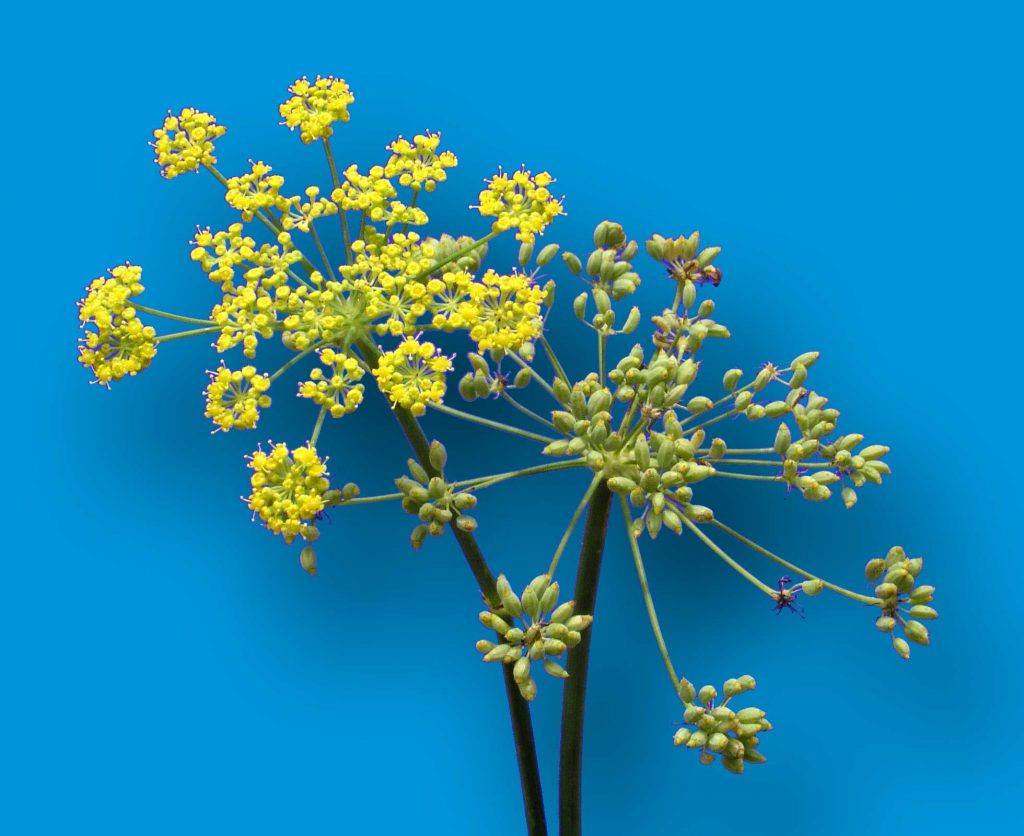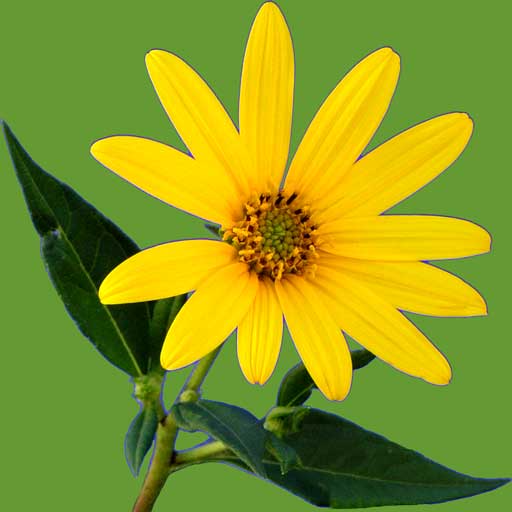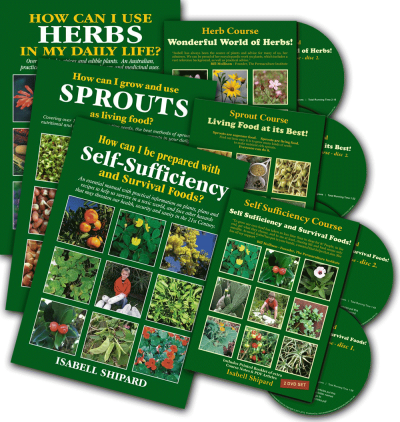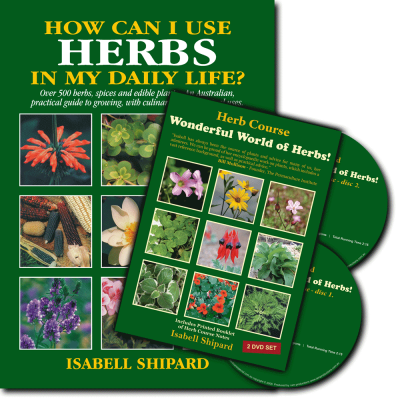Sweet Fennel, Wild Fennel, Carosella, Marathon, Meeting Seeds, Funcho, Fenkel
Foeniculum vulgare syn. F.officinale F. Apiaceae
… … omitted text, please see How can I use HERBS in my daily life? for full text.
Medicinal Uses
… … omitted text, please see How can I use HERBS in my daily life? for full text.
Hildegard of Bingen, a herbal writer of the 12th Century, said fennel was a herb for strengthening the eyes, brain, hearing and heart, and that eating fennel made one happy. Fennel’s power of restoring sight was well known to the poet Longfellow, and he wrote, ‘above the lower plants it towers, the fennel with it’s yellow flowers, and in an earlier age than ours, was gifted with the wondrous powers, lost vision to restore’. Dr Edward Shook highly honoured fennel, and in his ‘Advanced treatise on herbology’ wrote how fennel was taken ‘to correct squinting, applied fairly hot to the eye that is affected or turned, more so than the other eye’. Another herbal writer went on to say the virtues of fennel ‘enabled the eye to see with clarity the beauty of nature’. For tired or inflamed eyes, boil a handful of leaves in 2 cups of water for 15 minutes. The decoction was soaked in lint and the lint placed over the eyelids for 5 minutes, or the decoction used as an eye bath.

Fennel has been called the pearl of aphrodisiacs, and more recently, a popular British concoction of fennel seeds, licorice root and water was named the tonic for happy lovers. Fennel has featured for benefits to the lungs, liver, pancreas, spleen, kidneys, and to help dissolve stones. The herb increases gastric secretions, which has a beneficial action on digestion, and helps to regulate intestinal flora. It was traditionally used for: indigestion, gas, hiccups, colic, cramps, nausea, vomiting, excessive stomach acidity, sweetening the breath, gum disorders, diarrhea, increase peristalsis of the stomach and intestines, constipation, colon disorders, blood disorders and anemia, fatigue, lethargy and depression, giddiness of the head, frenzy, epilepsy, earache and toothache, kidney and bladder infections, bedwetting, difficult or burning urination, gout, rheumatism, aching joints, hoarseness, sinus, congestion, expel mucus, coughs, sore throats, bronchitis, shortness of breath, emphysema, recovery from strokes, convulsion, nervous disorders, headaches and migraines, sciatica, relieve period pain and morning sickness, hernia, pain in testes, intestinal worms, and to make the taste of yucky medicines more palatable.
For a herbal blood cleanser, mix equal quantities of crushed fennel seeds, ginger powder, dried catnip and peppermint. Drink as a tea made with 1/2 teasp. of the mixed herbs taken half an hour before meals, or taken encapsulated in two 00 size geletin capsules. This old recipe was valued as a herbal detox and for aiding the liver and gall bladder. Apply bruised leaves of fennel as a poultice to glandular swellings. An Arabian tradition used fennel as a poultice to break down old and hard tumours. Fennel has been used by cancer patients to counteract the unpleasant side effects of radiation and chemotherapy.
A formula for cleaning the liver was a tea combining 1 heaped teasp. dandelion root and fennel seed, and 5-6 slivers of green ginger or a pinch of ginger powder and 3 cups of boiling water, steeping for 5 minutes and strained, with 3 cups drunk a day. Use fennel for jaundice, hepatitis and other liver disorders. Fennel is said to restore damaged liver cells. For clammy skin, drink freely, a tea made with 1 teasp. of fennel seed or 2 teasp. of finely chopped fresh leaves to 1 cup of water. Fennel tea is used for inflammation of the uterus and vagina. Fennel seeds and oil are used as an oestrogen source to regulate menstruation, and relieve discomforts of menopause.
Fennel was traditionally known as the slimming herb as it has a stimulating effect on the metabolism. Chew seeds as a snack for hunger pangs, to depress the appetite and desire for sweets, chocolates and rich cakes. Eat the leaves, stems and seeds, or make a leaf or seed tea for weight loss. Fennel helps the liver and pancreas in the metabolism of fats and sugars. Also, it has been said, fennel helps to dissolve fat deposits of the body. One problem with the accumulation of fat in the body is that it must be mobilised into the blood steam before it can be burnt as energy. Anything which assists this process (which fennel is credited for) will help with weight loss, provided attention is also paid to factors of overall diet and exercise. Fennel as a diuretic herb, increases the expulsion of urine or a build up of fluid retention in the body. Fat cells store a lot of water and as the fat is broken down, this water is released and can pass from the body. Fennel can help with this process, particularly in the early stages of a weight loss program. Eat fennel regularly, preparing it like a vegetable, as it is low in calories. In the Middle Ages fennel seed was chewed during fasting days, as it was said to dull the appetite. A friend told me how she eats fennel seed whenever she has a craving for something sweet. Diabetes had affected many members of her family, and snacking on fennel was her practical way of cutting back on sugar-laden foods, and staying healthy.
… … omitted text, please see How can I use HERBS in my daily life? for full text.


